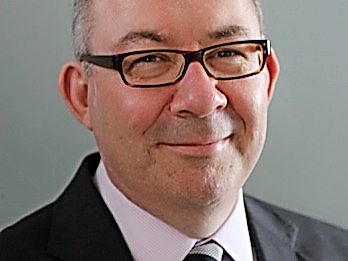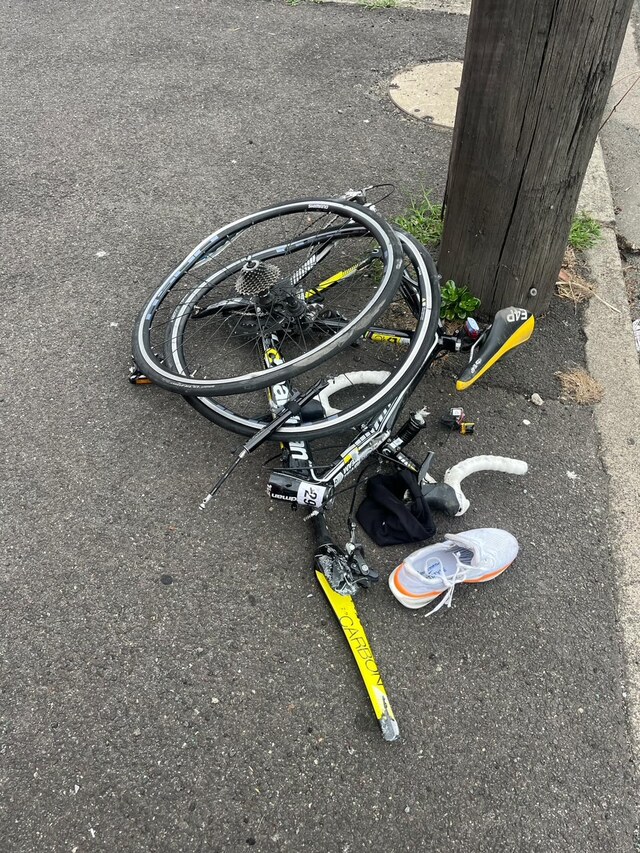The shop’s name, Hasret, means longing, the Turkish owner explains.
It’s a word that encapsulates the mood in the whole Fordgate shopping centre on Barry Road in Campbellfield where everyone – regardless of place of birth or native tongue – yearns for old times, before the wheels fell off the Australian car industry.
The shopping strip is among the first wave of casualties of an economic tsunami after Ford, GM-Holden and, most recently, Toyota announced they would soon cease manufacturing in Australia.
As the number of car workers passing through the gates at Broadmeadows, Altona, Fishermans Bend and Geelong has steadily dwindled, the communities around them have suffered creeping deprivation.
As the clock ticks towards the final shift, shopkeepers such as Shirley Zhong in Campbellfield are worrying themselves sick. Six years ago, Zhongs’ takeaway food business employed seven people. Now it doesn’t even support two, with Shirley’s husband, John, having to take a second job as a tour coach driver to help pay the rent and meet loan repayments.
“We keep thinking maybe next year will be better, and then they sack more workers. Then they say, ‘We are closing down’,” Shirley Zhong laments. “We’ve had the business on the market for a long time, but no one wants it. We still owe the bank $150,000. There’s still seven years to go on the lease. Even if we close, we still need to pay the rent, pay the bank. I don’t know what we can do. I don’t know how we survive.”
It’s the food outlets that have been hardest hit, but every shop has seen a downturn. Barber Hilmi Avci has seen a 30 per cent drop in business with about 120 former regulars from Ford no longer slipping across for clips during their lunch breaks or at the end of shifts.
A former manufacturing worker who migrated from Turkey in 1970, Avci worked first for James Hardie and then did 12 years in the Ford plant before graduating to his own business. “Those were the days when you couldn’t walk past the factory gate without someone grab you, take you inside and give you a job,” he recalls.
Next door in the aforementioned Hasret – a deli meets bazaar – owner Fatma could be the poster girl for the once happy marriage between migrants and the automotive industry. She and husband Mehmet worked for Ford for 15 and 18 years respectively before taking redundancy in 1991.
“When I started there we used to work three shifts,
12 hours a day, seven days a week, then slowly, slowly they cut back,” she says. “When we came to Australia it gave us good money and good opportunity.
“My kids were born here, they study here and I helped them with the money I earned from there. I worked hard with my body, I worked with my shoulder. It was hard work, but we were happy.”
The government rhetoric accompanying the demise of the automotive industry does not acknowledge the enormous benefits it brought Australia through its largely migrant workforce or the scale of the fall-out.
With every automotive manufacturing job supporting another four to six jobs indirectly, companies such as Diver Consolidated Industries are under immediate threat. The company, which employs 115 people in plants at Reservoir and Thomastown making parts predominantly for Holden and Ford, saw the writing on the wall and has done its utmost to diversify over recent years, as chief executive Jim Griffin explains.
“Six years ago we were probably 99 per cent dependent on the Australian automotive industry,” says Griffin, who is also president of the Federation of Automotive Manufacturers. “That’s now down to 70 per cent, but it has taken six years to do it. Now we have to go from 70 per cent to zero in three years.”
The son of a General Motors Holden worker, Griffin started his own working career at General Motors as a fitter, turner and toolmaker. He has been rocked to the core by the demise of the industry and the federal government’s response. His workforce, which includes several married couples, fathers and sons, a brother and a sister, is like family.
“The message coming out of Canberra is that employing people in government-supported industry is evil and they are going to get jobs elsewhere anyway so don’t worry about it,” he says. “That is just so wrong. What are they going to do? They can’t all be baristas on the Gold Coast. The reality is that there’s not the economic activity in other industry sectors for these people to diversity into. Everyone is talking about retraining and redeploying people … to what?”
Professor Mark Peel has seen it all before. The historian and academic wrote
Good Times, Hard Times: The Past and the Future in Elizabeth, about the gross dislocation of community following the restructure of the auto manufacturing industry in South Australia.
“What I saw in Elizabeth in the ’70s and ’80s was essentially people just bewildered by what had happened to their world,” Peel says.
“They had done the right thing. They did their apprenticeship, paid their taxes; they got their houses, they raised their kids and made sure they became something useful like teachers or nurses.
“They thought this was the way the world was meant to be and then that world collapsed and it was essentially like they were the problem. What we’re doing once again is allowing a relatively small part of the population to bear the brunt of industrial restructuring.
“Australia has this kind of recent history of, ‘Oh well, it’s happened again, another 100,000 people thrown out of work and isn’t that terrible’. As if it was unpredictable or uncontrollable. I would say the nation owed these people a responsibility. It is unfortunate that wasn’t properly understood in the past, but it should be understood now.”
sharris@mmpgroup.com.au







